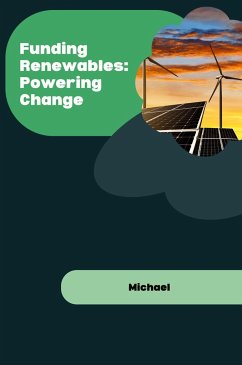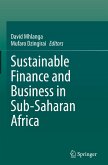The energy policy shaping space is influenced by the demands of sustainability goals, associatedwith the complexity of the socio-economic and biophysical systems. Rising fossil fuel prices, societalimpacts of energy use and observed climate change make the exploration of renewable energymore important than ever (Kowalski et al., 2008). This paradigm shift, combined with theconsiderable amount of infrastructure and investment required for renewable energy, has led toan increasing presence of private and institutional investors including insurers, exposed to variousrisks.According to the US Energy Information Administration (EIA), world energy consumption will growby 48% between the period 2012-2040 (US EIA, 2017: online). This trend is attributable to strongeconomic growth emerging from Non- Organisation for Economic Cooperation and Development(OECD) countries (US EIA, 2017: online), including South Africa. Working as an alternative to fossilfuels, renewable energy technologies will play an integral role in meeting the world's growingenergy demand adding to the global energy mix (IRENA, 2016:14). Furthermore, the share ofrenewables in the global energy mix can be cost-effectively doubled by 2030 using existingtechnologies. Along with energy conservation practices, an overall improvement in the globalenergy profile can be achieved which would significantly reduce greenhouse gas emissions and putthe world on track to limit global mean temperature rise to below 2° Celsius (IRENA, 2016:14). Thislevel of renewable energy deployment means scaling up current investment in renewables to 500billion US dollars (USD) per year by 2020. Global investment must then reach USD 900 billion eachyear up to 2030 (IRENA, 2016:14). Almost two-thirds of this investment would be in the powersector, but renewables for heat and transport also need to grow significantly. Developing marketswith fast growing energy demand will require the largest increase in investment (IRENA, 2016:14)The South African energy sector underwent a shock, signified by a shortage in bulk electricity whichwas declared a national emergency in 2008, and in 2014. Eskom underwent other disturbances inenergy supply when in 2015 it implemented 99 days of load shedding causing a decrease in miningand manufacturing output
Bitte wählen Sie Ihr Anliegen aus.
Rechnungen
Retourenschein anfordern
Bestellstatus
Storno









